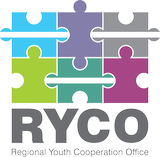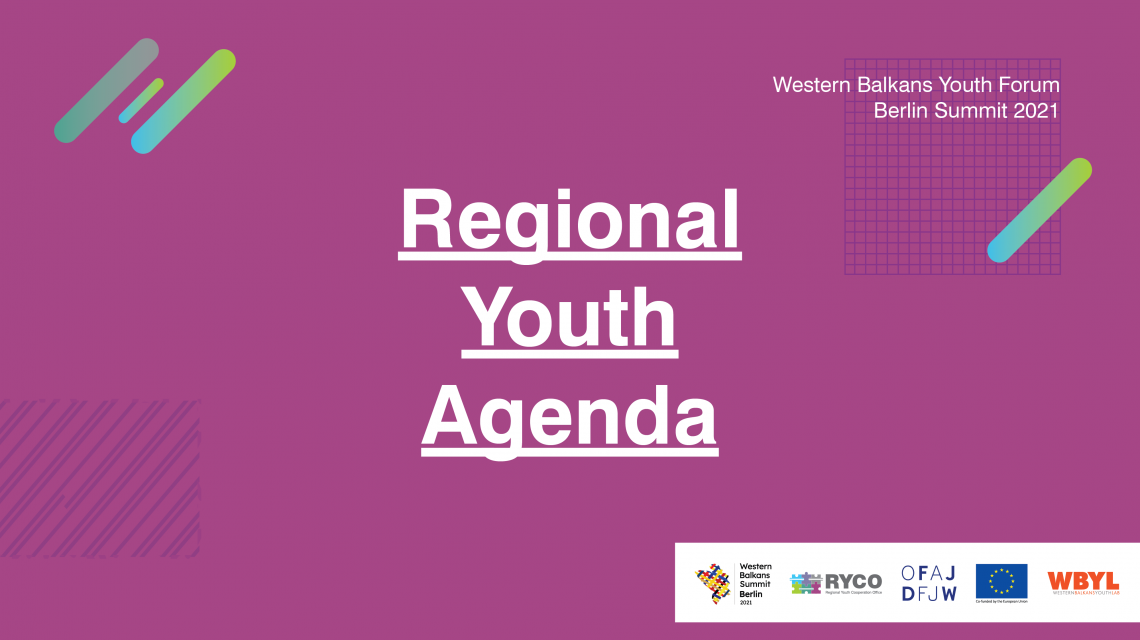WESTERN BALKANS/GERMANY – The Western Balkans Youth Forum, organized in the framework of the Berlin Summit 2021, concluded on Monday, 5 July 2021. The event brought together over 100 young people and decision-makers from the region and the European Union to discuss the current situation of youth in the region and how to improve their position and lives.
In an interactive way, the participants discussed key challenges and topics such as reconciliation and peacebuilding, volunteering, new skills for future, sustainable development, shifting “brain drain” to “brain gain” and how to increase youth participation. These discussions and conclusions are now formulated in the event’s final product – the Regional Youth Agenda.
Listening to the conclusions of the young people, the representatives of the German Federal Foreign Office, Mr Michael Roth and Ms Christiane Hullmann, as well as the representative of the Ministry of Foreign Affairs of Montenegro, Mr Veljko Milonjic, and President of the Parliament of Montenegro Mr Aleksa Becic, underlined the importance of the regional youth cooperation. Furthermore, RYCO Secretary General Mr Albert Hani pointed out that RYCO will keep up the promise of listening to and working with young people of the Western Balkans.
On the other hand, the young people underline that recommendations presented in the Regional Youth Agenda should be developed and implemented through co-creation and co-management principles and with strong youth participation at national and regional levels. Furthermore, special attention should be put on inclusion of NEETs, vulnerable groups and youth from poorly developed areas in the region.
To access the Regional Youth Agenda, please click the button below.
The Western Balkans Youth Forum was co-organized by the Regional Youth Cooperation Office (RYCO) and the Franco-German Youth Office (OFAJ/DFJW) in cooperation with other regional initiatives and networks. The Forum was supported by the German Ministry of Foreign Affairs and co-funded by the European Union through the Western Balkan Youth Lab Project.



